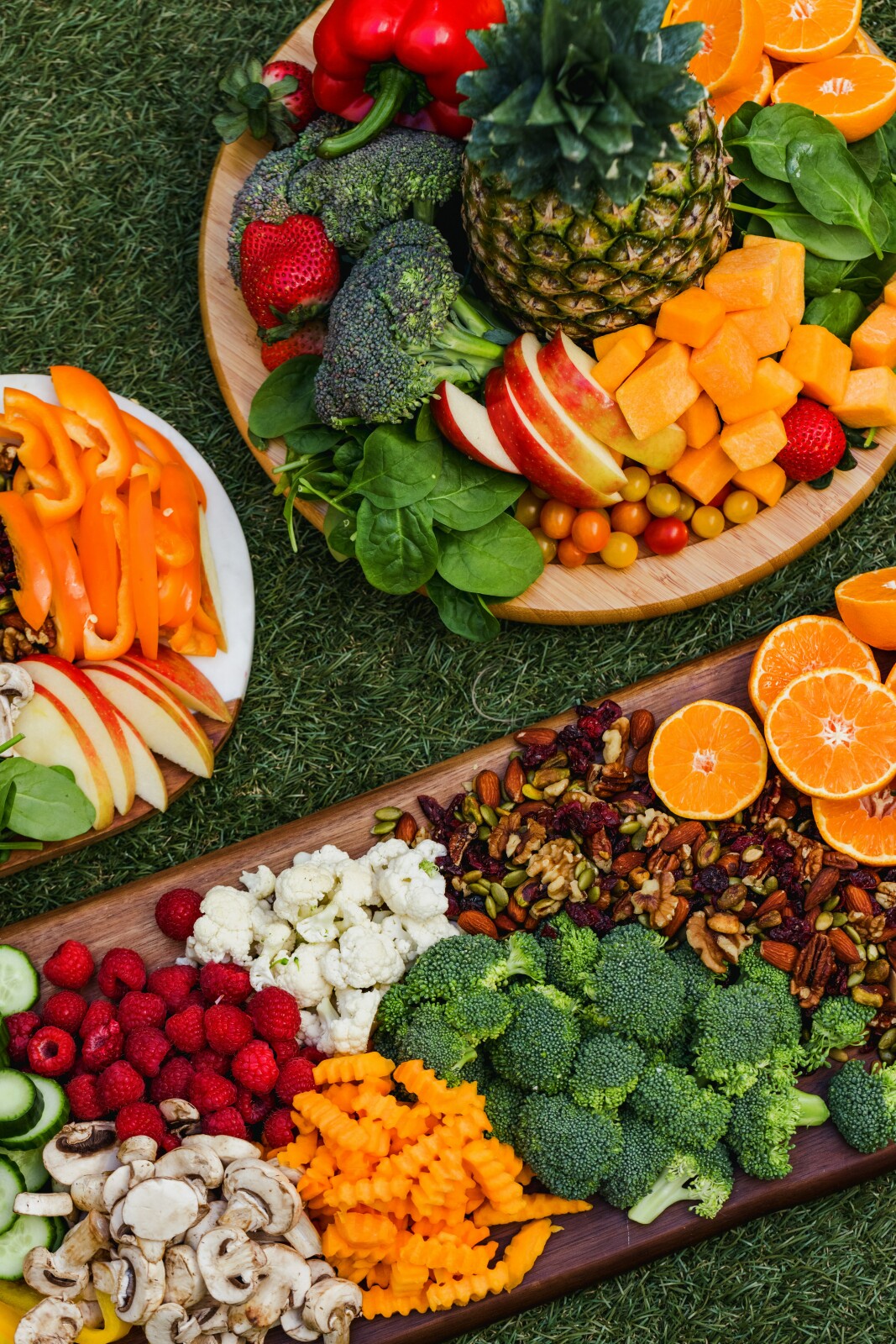
Let’s help our bodies deal with stress!
Antioxidants are substances that can prevent or slow damage to cells caused by free radicals (aka stress).
A few to take a look at:
Vitamin A (and provitamin A carotenoids) are involved in immune system regulation, reproduction, vision and communication between cells. These are found in liver, sweet potato, spinach, and carrots to name a few. 🥕 The two main forms of vitamin A in the human diet are preformed vitamin A (retinol, retinyl esters), and provitamin A carotenoids such as beta-carotene that are converted to retinol. Preformed vitamin A comes from animal products, fortified foods, and vitamin supplements. Carotenoids are found naturally in plant foods. There are other types of carotenoids found in food that are not converted to vitamin A but have health-promoting properties (especially when it comes to vision health); these include lycopene, lutein, and zeaxanthin.
Vitamin C assists with the biosynthesis of L-carnitine, collagen and some neurotransmitters and can help with the immune system, wound healing and regenerating other antioxidants like vitamin E. It is found in bell peppers, oranges, kiwis, broccoli, strawberries and Brussels sprouts. 🍊 By limiting the damaging effect of free radicals vitamin C may help prevent or delay the development of cancer, cardiovascular disease as well as other conditions in which stress can play a role (so many!). C also helps with the absorption of nonheme iron aka the iron in plant foods, this is why I always add a drop of lemon EO to my spinach.
Selenium is essential for humans and helps with reproduction, thyroid hormone metabolism, protection from oxidative stress and DNA synthesis. The selenoproteins are found in Brazil nuts (totally most left that autocorrect to buts😜), sardines, halibut and many other fortified foods.🌰 In our tissues most selenium is in the form of selenomethionine where it can be incorporated with methionine (which can help with detoxing and mRNA processing). There is a ton of information out there regarding all that we know about selenium and how it impacts our bodies in many different ways. This is just a tidbit of information.
Manganese is a co-factor for many enzymes and related to bone formation, blood clotting, immune response and metabolizing glucose, carbohydrates, and cholesterol. It is present in mussels, hazelnuts, pecans, and oysters among others.🦪
There are a lot of things I do to help with stress but this post was focusing on the food aspect and some of the nutrient profiles that can help our body heal!

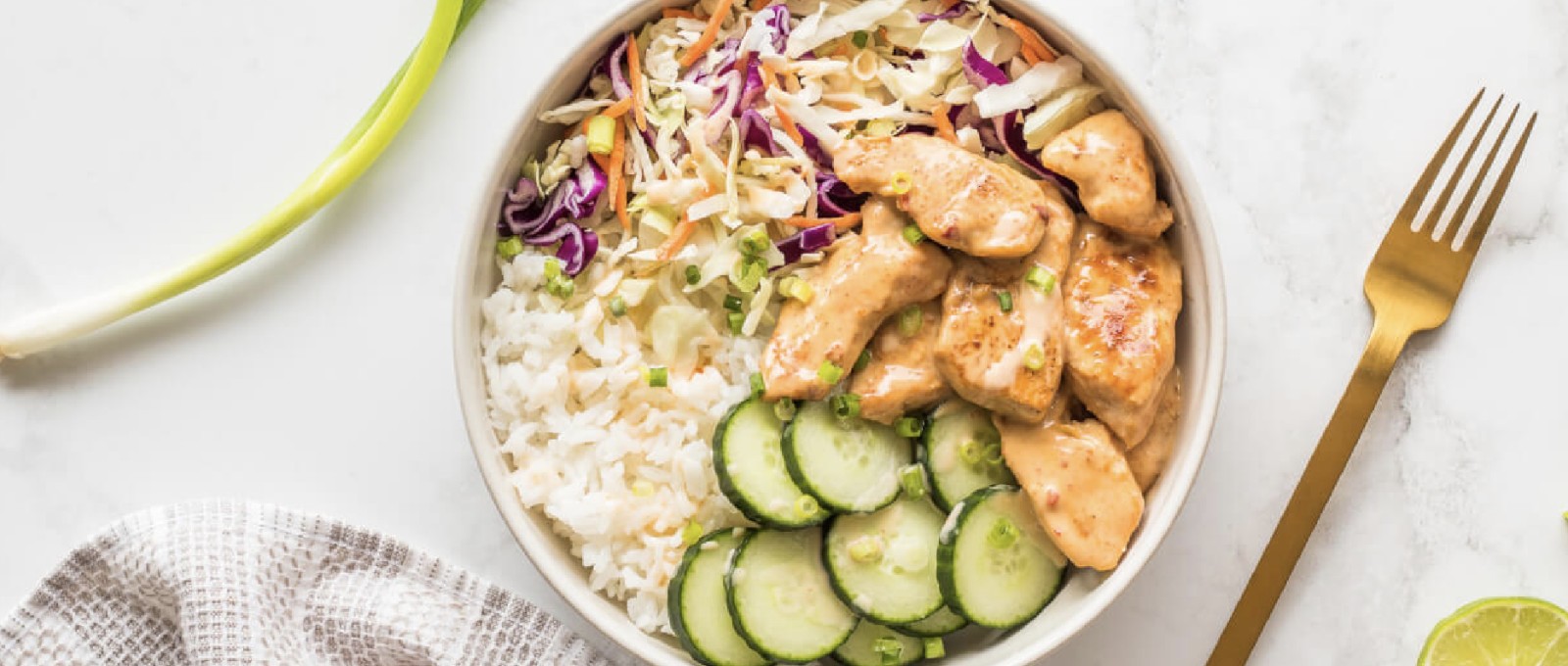


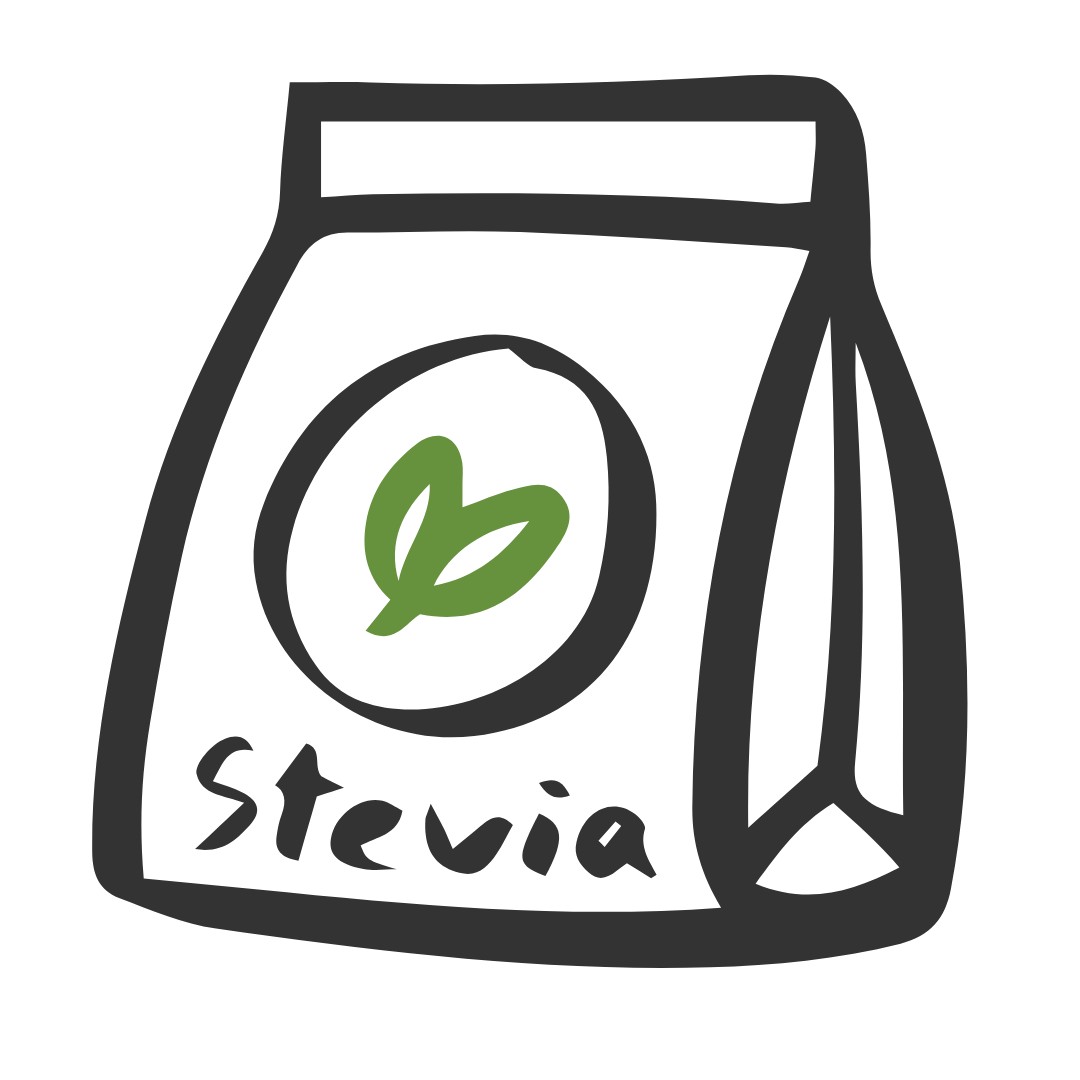
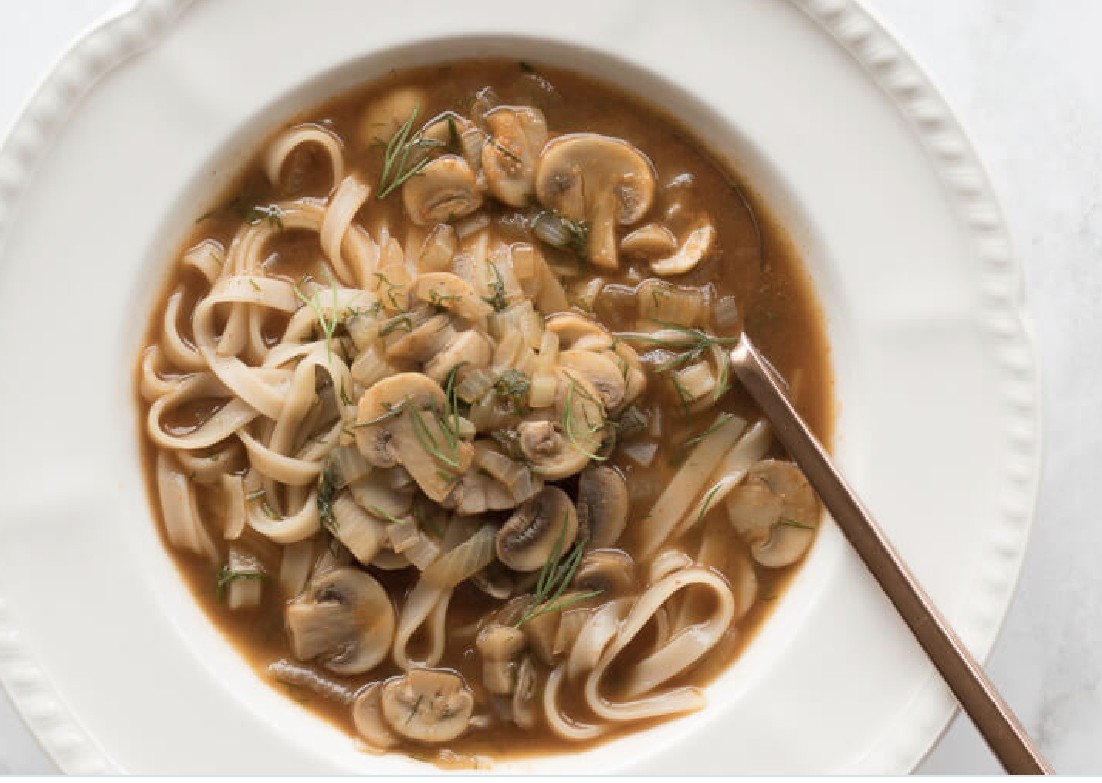




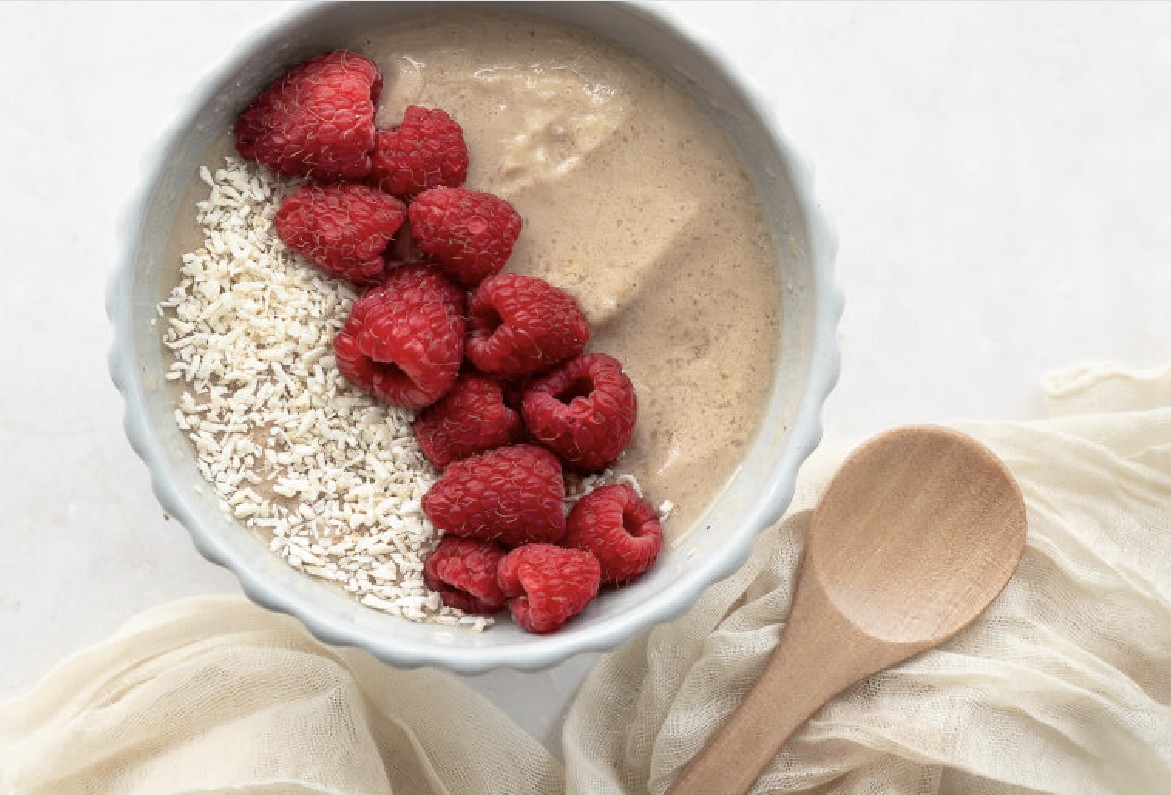
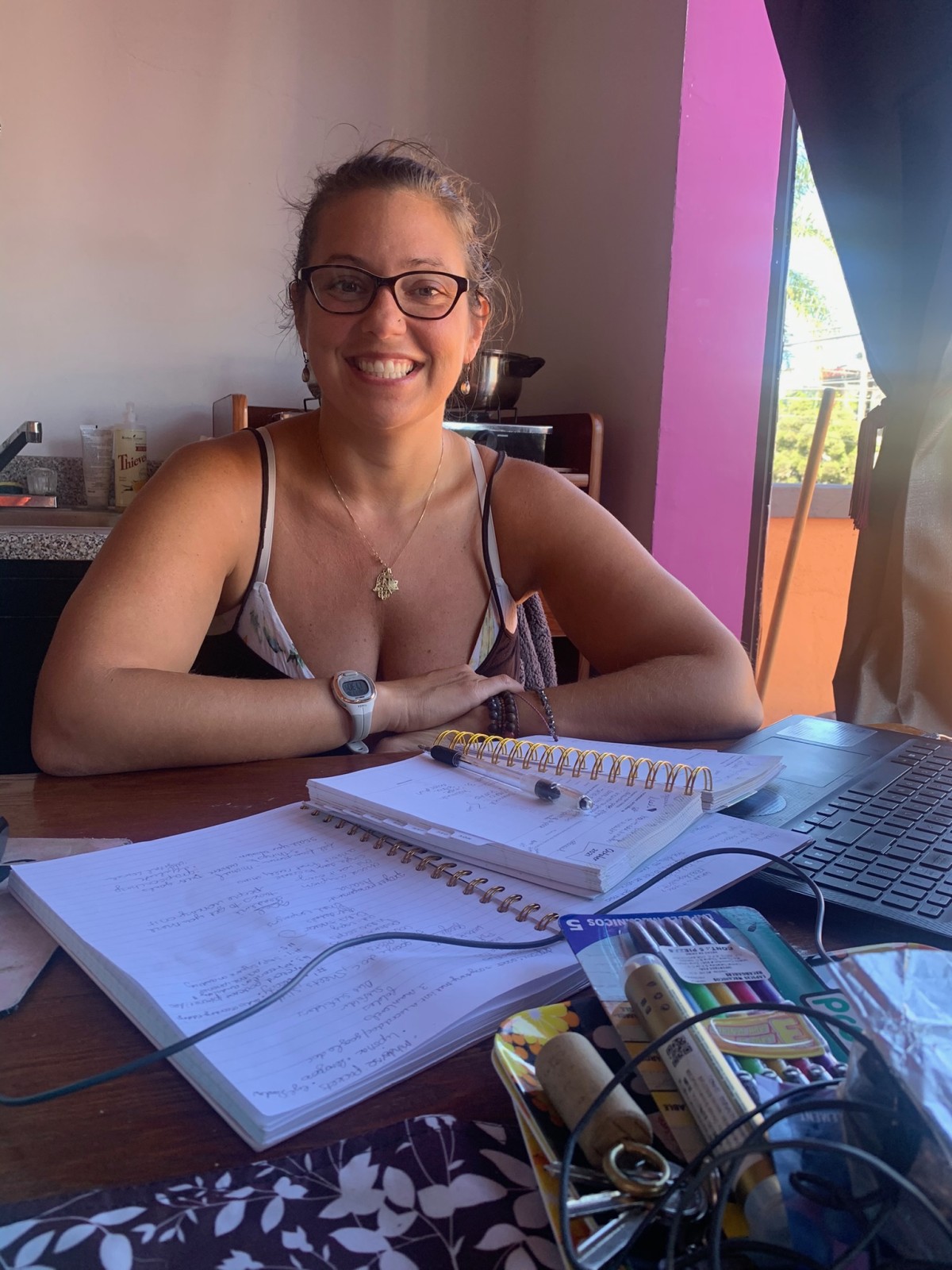
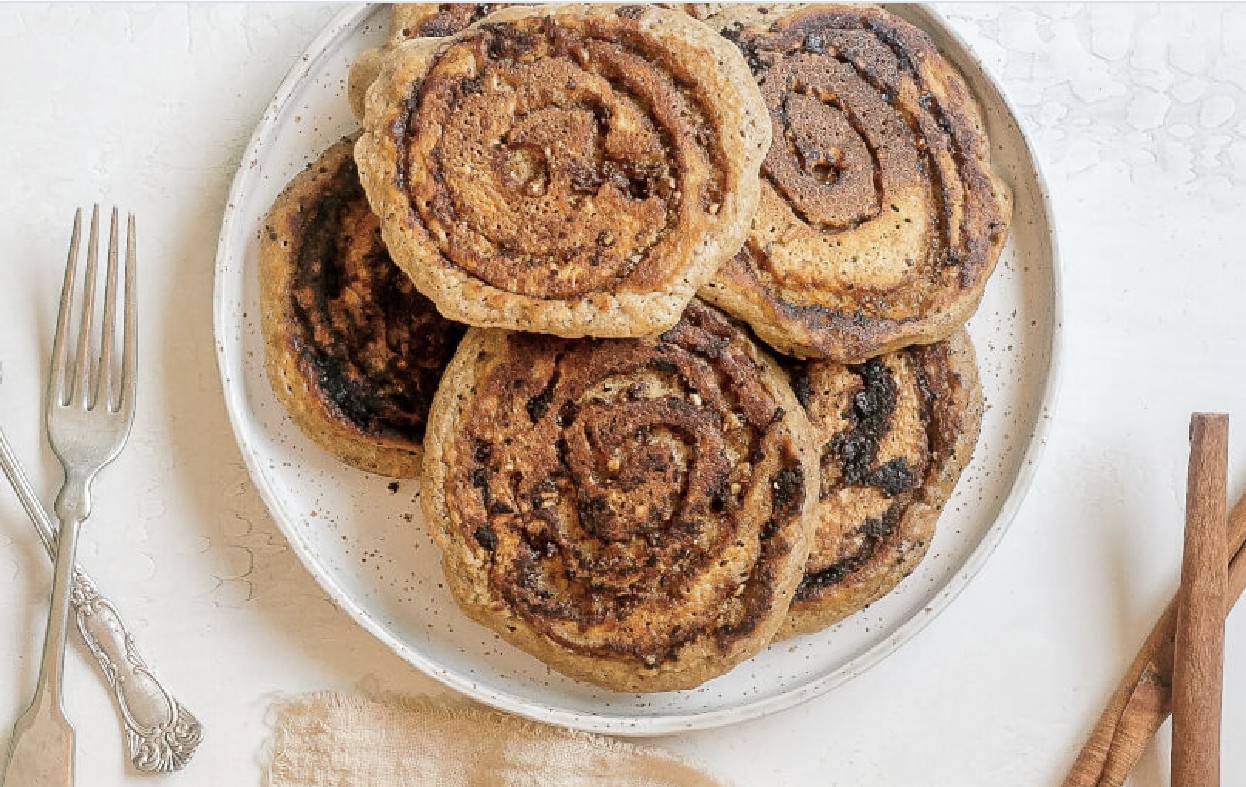


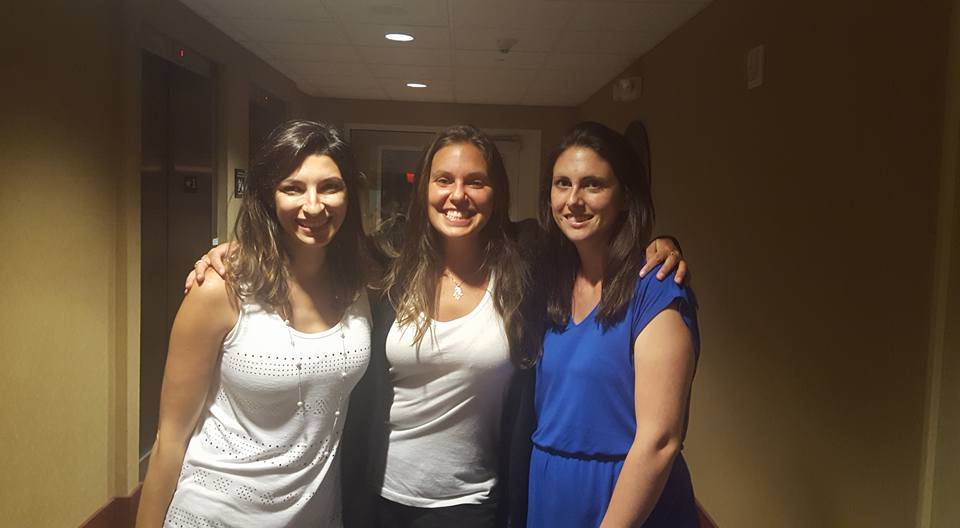


0 Comments